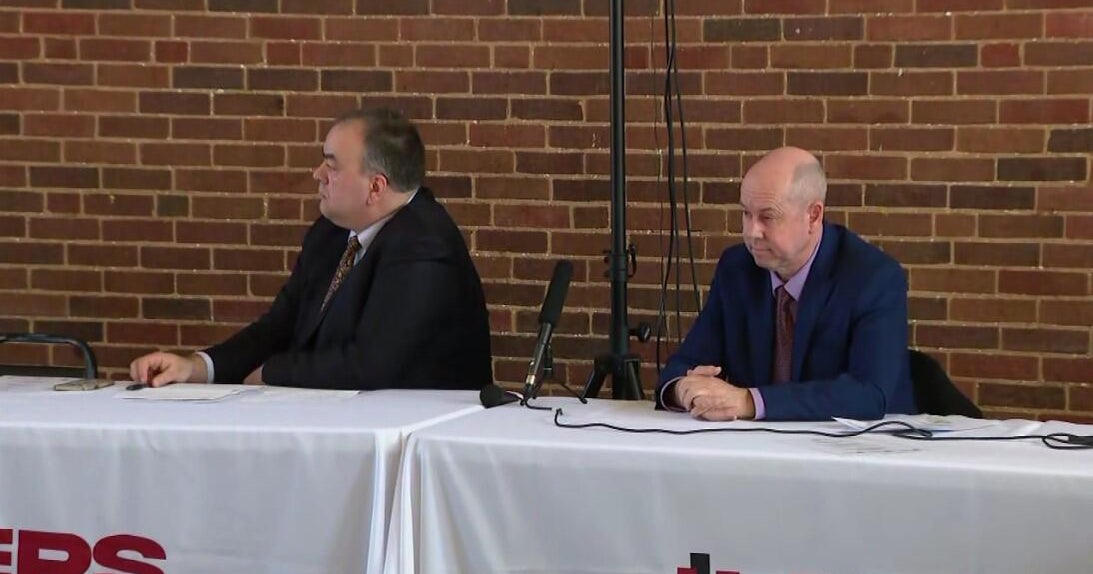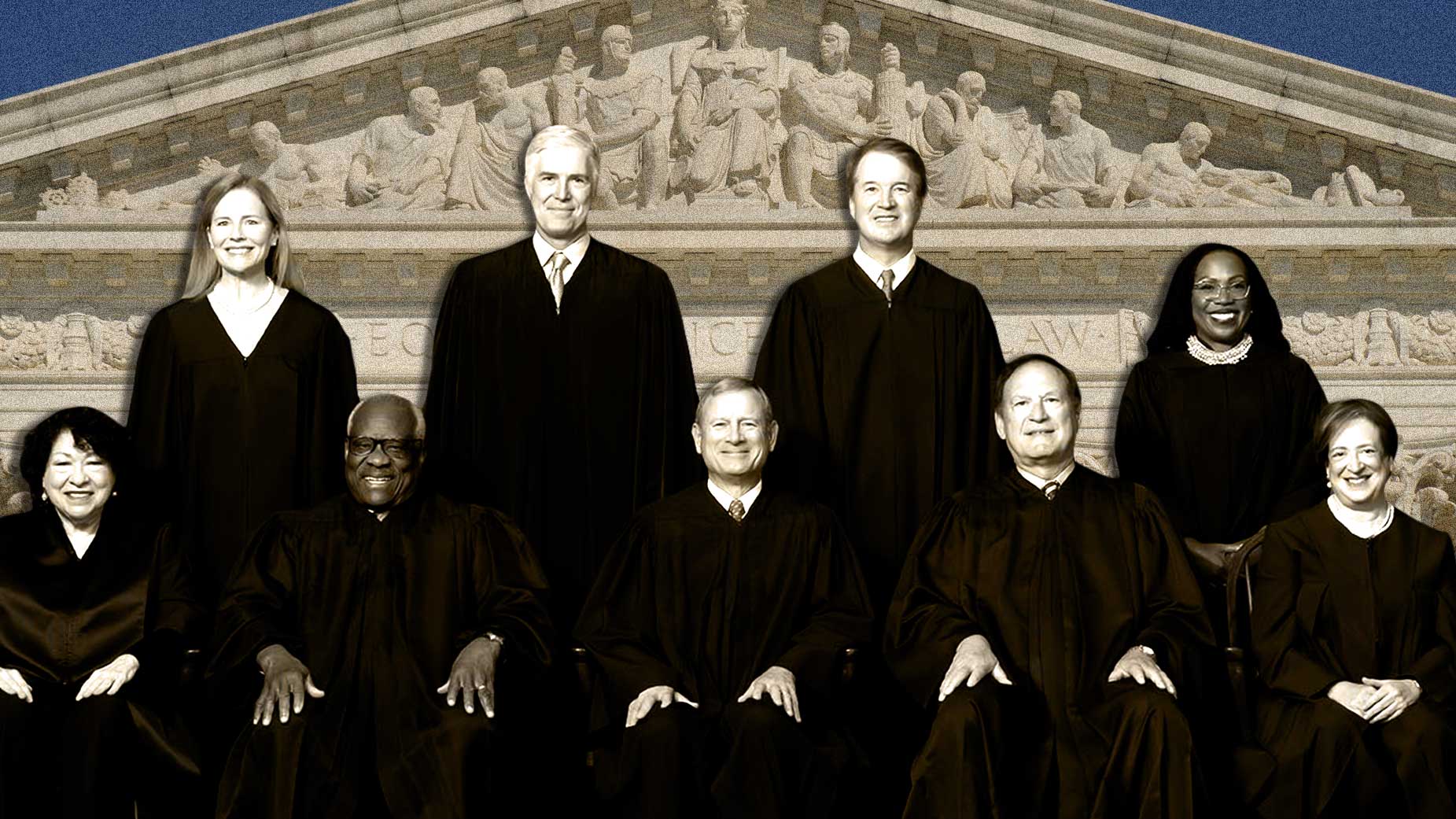Workers in more than 20 states, cities and counties to get a wage boost on July 1
Workers in more than 20 states, cities and counties will get a wage boost on July 1 when higher minimum wages kick in — part of a nationwide push to ensure the nation's lowest-paid workers are keeping up with the rising cost of living.
Among the states are Connecticut, Nevada and Oregon, along with the District of Columbia, which together have almost 6 million workers. Additionally, minimum wages in a dozen California cities, including Los Angeles and San Francisco, will increase on July 1, as well as in Chicago and St. Paul, Minnesota. A few counties are also boosting their minimum wages, including Cook County in Illinois and Montgomery County in Maryland.
While the lowest-paid workers in those states, cities and counties will be directly impacted, the higher baseline wage sets an earnings floor for most employees in those states, experts note.
The hikes come as the federal minimum wage nears the 13th anniversary of its last increase, marking the longest period without an increase since the baseline wage was created in 1938. There are still 20 states, mostly in the South and Midwest, where the federal minimum wage of $7.25 an hour serves as the wage floor. That rate is below the poverty line of $8.38 for families of two or more, where one one person is working.
Meanwhile, 30 states and the District of Columbia have adopted wages above the federal baseline wage, with some states tying their increases to the cost of living. That should be a more equitable way to ensure that workers are keeping up with inflation, said Holly Sklar, CEO of Business for a Fair Minimum Wage, which advocates for a higher minimum wage.
"When you have indexing to the cost of living you are running in place. It's not like, 'I got a huge pay raise,' but it's allowing you to not fall behind," Sklar told CBS MoneyWatch. "It's really vital."
The federal minimum wage "was designed to keep people out of poverty, and now it's keeping people in poverty in a dramatic way" in the states where the federal minimum wage remains the law, she added.
First boost since 2009
The federal minimum wage was last increased on July 24, 2009, when it rose to $7.25 an hour. If that baseline wage had risen along with the nation's productivity growth since 1968, it would have reached almost $21.50 an hour in 2020, according to an analysis from the Center for Economic and Policy Research.
To be sure, paying a higher wage can impact a business's profitability, but it can also help retain workers and improve morale, which can lead to better customer service and sales, noted Gina Schaefer, the owner of A Few Cool Hardware Stores, which runs 13 Ace Hardware stores. Seven of those locations are in D.C., where Schaefer will start paying a minimum wage of $16.10 an hour on Friday.
"The more money my teammates make, the more money they take into the community," said Schaefer, who is a member of of Business for a Fair Minimum Wage. "Not only is it less of a drain on social services, they have more money to spend in the local communities."
Schaefer said most of her workers earn above the minimum wage, but she hires some new employees — such as teens in their first job — at the baseline wage. An increase "makes a big impact on the profitability of the company," she said. But, she added, "We are absolutely in favor of it."
Connecticut
The baseline wage in Connecticut will increase from $13 to $14 on Friday, and workers will see another boost — to $15 an hour — on June 1, 2023. The state has 1.9 million civilian workers, according to government data.
That boost stems from a law that went into effect three years ago. After the June 2023 increase, annual adjustments will be made based on the Employment Cost Index starting on January 1, 2024.
Nevada
Nevada's minimum wage will increase from $9.75 an hour to $10.50 an hour for workers without health coverage, while employees with health insurance will see their baseline pay increase from $8.75 an hour to $9.50 an hour.
Increases will continue in 75-cent bumps until the baseline wage reaches $12 an hour ($11 for workers with health care coverage) in 2024.
Nevada has a workforce of about 1.5 million people.
Oregon
Oregon's minimum wage will increase from $12.75 an hour to $13.50 on Friday. The state has 2.2 million workers.
Under state law, however, there are separate baseline rates for Portland and non-urban counties. Workers in Portland will see a boost from $14 to $14.75 an hour. The wage in non-urban counties will increase from $12 to $12.50 an hour.
Starting in 2023, the state's baseline wage will be adjusted annually based on the Consumer Price Index, which measures the increase in prices across a basket of goods and services.
Washington, D.C.
Washington, D.C. will boost its minimum wage from $15.20 an hour to $16.10 an hour on Friday.
Its minimum wage is indexed to the 12-month percentage change in the Consumer Price Index for All Urban Consumers (CPI-U) for the D.C. region, with the changes implemented on July 1 of each year.
There are almost 400,000 workers in D.C.
Cities and counties boosting minimum wage:
In California, the following cities and counties are increasing their baseline wages on Friday, according to the law firm Fisher Phillips.
- Alameda: $15.75 an hour
- Berkeley: $16.99 an hour
- Emeryville: $17.48 an hour
- Fremont: $16.00 an hour
- Long Beach: $16.73/hour for hotel workers; $16.55 for concessionaire workers
- Los Angeles City: $16.04 for all employers
- Los Angeles County: $15.96 an hour
- Malibu: $15.96 an hour
- Milpitas: $16.40 an hour
- Pasadena: $16.11 an hour
- San Francisco City and County: $16.99 an hour
- Santa Monica: $15.96 an hour
- West Hollywood: $16.50 an hour for employers with more than 50 employees, or $16.00 an hour for employers with fewer than 50 employees. Hotel workers will earn $18.35 an hour.
Additionally, these cities and counties are boosting their minimum wage on Friday:
- St. Paul, Minnesota: Businesses with more than 10,000 employees will pay $15 an hour, up from $12.50 an hour. Employers with between 101 to 10,000 workers will pay $13.50 an hour, up from $12.50; those with 6 to 100 workers will pay $12 an hour, up from $11; and those with five or fewer workers will pay $10.75, up from $10.
- Minneapolis will increase its baseline wage to $13.50 an hour, from $12.50 an hour, for businesses with 100 or fewer workers. Businesses with more than 100 workers will see their minimum wage increase to $15 from $14.25 an hour.
- Montgomery County, Maryland: Employers with 51 or more workers will pay $15.65 an hour, up from $15 an hour previously. Those with 11 to 50 workers will pay $14.50, up from $14 an hour; and those with 10 workers or less will pay $14 an hour, up from $13.50.
- Cook County, Illinois (which includes Chicago as well as other cities and townships like Evanston and Elk Grove): The minimum wage will rise to $13 an hour from $12.
- Chicago: Businesses with 21 workers or more will pay $15.40, up from $15.00. Those with 4 to 20 workers will pay $14.50 an hour, up from $14.



